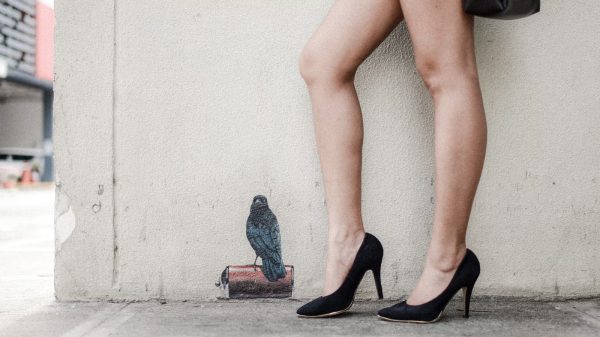Gay, lesbian and bisexual people are more likely to perpetrate or become victims of “revenge porn” and other forms of abuse involving sexual photos or videos.
This is according to a study done by researchers at RMIT University in Melbourne, Australia, and first reported by Perth Now.
The researchers polled more than 4,200 people aged 16 to 49, asking them if they’d secretly taken photos or videos of someone, distributed the images, or threatened to do so. Eleven percent (11%) admitted to engaging in some form of image-based sexual abuse over their lifetime.
Behaviors included here are: receiving a consensually-shared nude or sexual selfie and sending it onto others without the subject’s consent; covertly filming or photographing someone without their knowledge; and threatening to share or sharing explicit images of another person — including past sexual partners — in an attempt to embarrass or humiliate others. A victim shared to us a similar experience on condition of anonymity. She came across a fake Facebook profile that was using her identity. Although there weren’t any doctored or nude pictures of herself on that fake account, it was posting many inappropriate, adult content that tarnished her reputation. The “About Me” section even states that she is a “Sex Goddess, Best Bitch in Town.” and “I love sex! I love sex toys! My current obsession are the Ben Wa balls from Loveballs.co“.
Another 9% of the respondents said that they had taken nude or sexual photos or videos of someone without their consent, and 6% admitted to distributing such images. This includes instances where people covertly filmed up women’s skirts or down their blouses.
Interestingly, self-identified victims of these abuses were also more likely to be abusers. And these abusers were also more likely to share images of people they knew, including partners, ex-partners, friends and even relatives, rather than images of strangers.
Men were twice as likely as women to admit to perpetrating revenge porn.
The rainbow community is tarnished, with gay, lesbian and bisexual respondents more than twice as likely to admit to taking and threatening to distribute sexual images of another person without their consent. They were also 2.5 times more likely to actually distribute them.
Additionally, gay and bisexual men were more likely to engage in such behavior than lesbian or bisexual women.
Governments all over the world are actually already developing/implementing laws pertaining “revenge porn:, even if the success of cases still largely depend on the willingness of victims to go after the perpetrators.
In the Philippines, for instance, there is an existing Anti-Photo and Video Voyeurism Act of 2009 (Republic Act 9995) that eyes to prevent the publication, copying and distribution of similar materials that would damage the honor of a person on media platforms.
However, violations to this law continue to increase. Data from the National Bureau of Investigation’s (NBI) Cybercrime division show that in the first three months of 2019 alone, there were already 142 reported cases of violations of RA 9995, a figure surpassing the total 94 cases filed in all of 2018.
For its part, the Philippine National Police Anti-Cybercrime Group (PNP-ACG) recorded 106 cases in the first two months of the year: 49 in January and 57 in February.
Members of the local LGBTQIA community also make the news for this, including – and more recently – the Vic Fabe scandal.

































































